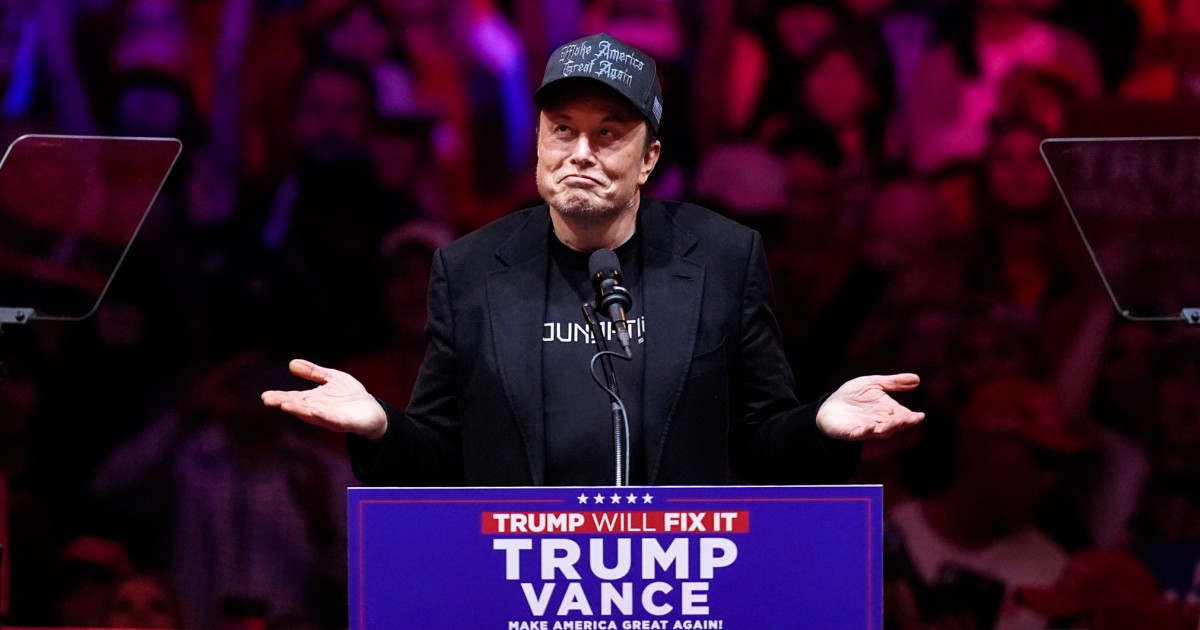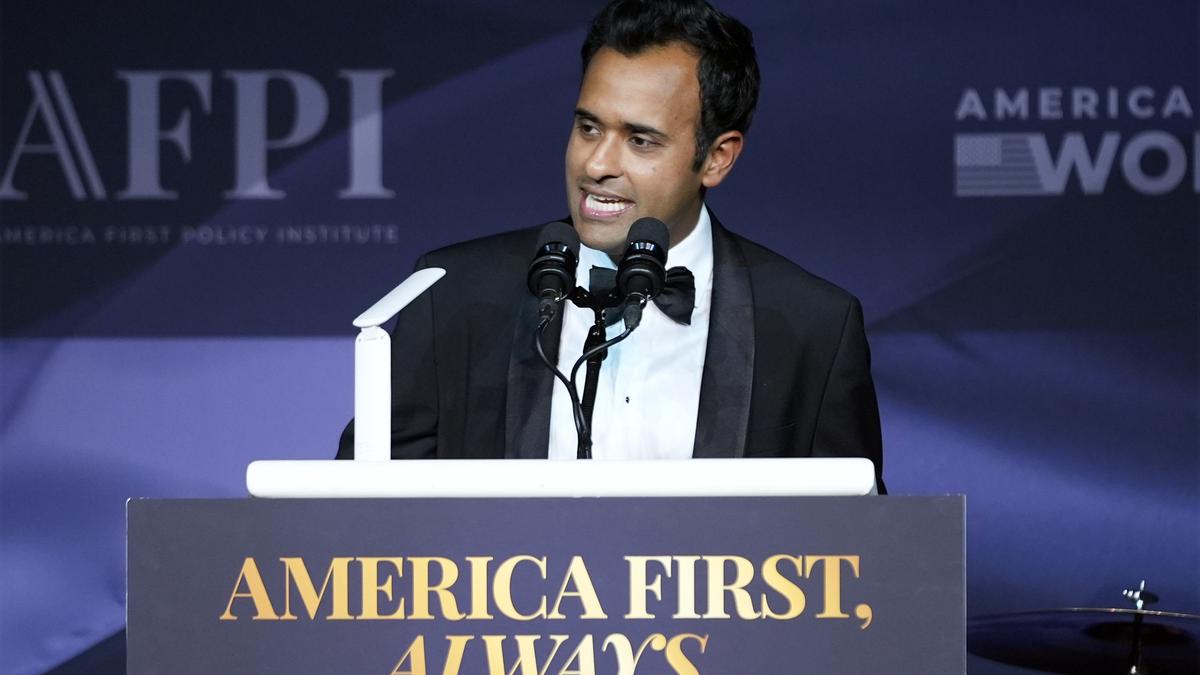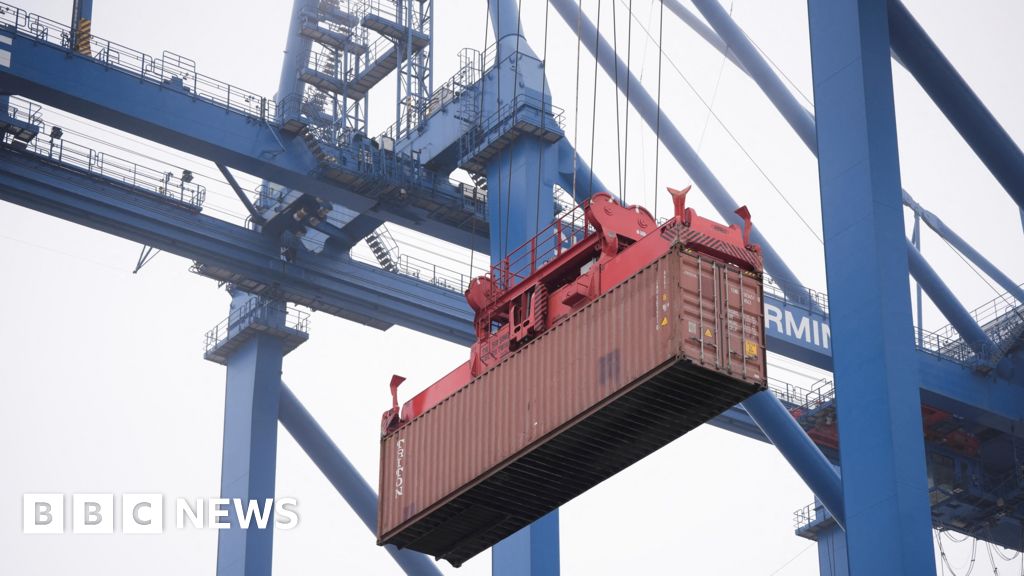Tech
Elon Musk’s lawyer says $1M giveaway winners not randomly chosen, which could raise legal issues

A lawyer for Elon Musk said in a Philadelphia courtroom Monday that the winners of Musk’s $1 million daily prize giveaway in election swing states are not chosen at random, contradicting what Musk said when he announced the contest last month.
Legal experts told NBC News that the disclosure could have legal fallout for Musk across multiple jurisdictions under laws designed to protect consumers from deceptive practices.
“This is absolutely, unambiguously illegal,” Christopher Peterson, a University of Utah law professor who specializes in consumer protection, said in an email.
“You cannot lawfully lie to the public about conducting a random sweepstakes, lottery, or contest and then rig the results to hand-select the winners,” he said. “It really is not complicated. This is just fraud; a simple, ugly fraud on the public.”
He said Musk and his super PAC’s behavior could be “both a civil wrong and a crime.”
Musk’s America PAC declined to comment on that analysis or the views of other legal experts. Musk did not immediately respond to a request for comment.
Chris Gober, a lawyer for America PAC, made the disclosure at a hearing about the giveaways. He said that the winners are not chosen by random, as in a lottery drawing, but that the super PAC instead selects the winners based on who it believes would be effective political spokespeople.
The disclosure flew in the face of what Musk said onstage at a Pennsylvania rally on Oct. 19, when he revealed the contest to draw attention to a petition supporting free speech and gun rights.
“We’re going to be awarding $1 million randomly to people who have signed the petition every day from now until the election,” Musk said, followed by wild applause from the audience.
The disclosure that Musk’s statement was not true was met with backlash on Musk’s social media app, X, where some users said Monday that he had deceived petition-signers or even defrauded them. To sign the petition, people are required to give their names, email addresses, cellphone numbers and mailing addresses, and they must be registered to vote in one of seven swing states: Arizona, Georgia, Michigan, Nevada, North Carolina, Pennsylvania or Wisconsin.
America PAC’s daily $1 million giveaway has been a key feature of Musk’s efforts on behalf of former President Donald Trump. Musk has spent more than $118 million to try to re-elect Trump, and he has appeared in Pennsylvania numerous times to campaign in person. Philadelphia District Attorney Larry Krasner sued Musk and America PAC over the offer, calling it an unlawful lottery under Pennsylvania law and leading to Monday’s court hearing.
John Summers, a lawyer for Krasner, called Gober’s disclosure “a flat-out admission of liability” at the hearing.
While Gober said he believed the non-random nature of the offer means it is not a lottery, legal experts said the statement could open up Musk and the super PAC to additional claims of liability under federal consumer protection law or in the seven battleground states where people have been winning prizes.
Rebecca Tushnet, a professor at Harvard Law School who specializes in the First Amendment and false advertising, said she considered Gober’s disclosure to be an admission of liability.
“They falsely advertised that people who never had a chance to win should participate, and participation meant providing the PAC with valuable information about voters to target,” she said in an email.
“Deceptive trade practices laws may be triggered by claiming ‘random’ selection and then not delivering, but states may differ about exactly what conduct is covered — many limit prohibitions to conduct that relates to selling goods or services,” she said.
Whether such laws apply in the circumstances around America PAC would be determined in court only if someone decides to sue. Tushnet said that she expects plaintiffs’ lawyers could explore class action lawsuits over consumer protection and that state attorneys general may be interested in pursuing enforcement actions, too.
George Conway, a prominent lawyer and former Republican who is a vocal critic of Trump, agreed that state attorneys general could see the disclosure as a consumer protection issue.
Typically under state law, “this is actually bread and butter stuff for them,” he said in a direct message. “There are church raffle exemptions and such but if you are giving out a million dollars you’ve got to comply with some specific requirements.”
A representative for the Pennsylvania attorney general declined to comment. Representatives for attorneys general in several other states did not immediately respond to requests for comment.
A spokesperson for the Federal Trade Commission, which oversees consumer protection on the federal level, declined to comment.
Not all legal experts agree that action would be warranted on behalf of petition-signers.
“I can’t imagine any AG or the FTC getting into the middle of this very minor dust up,” said David Vladeck, a Georgetown University law professor, in an email. He said that even if Musk’s offer of a random chance at $1 million was deceptive, “it was isolated (only a few days) and unlikely to be repeated.”
But Vladeck added that there is the separate question of whether the offer violated federal election law, which bars paying people to vote or register to vote.
“Some of the criminal authorities might be concerned that there was a quid pro quo in that Musk was providing cash for people to vote for his candidate, albeit dressed up with some kind of lottery,” he said. “If there is going to be an enforcement action against Musk, it will be by the criminal authorities, not the FTC or State AGs.”
Lorrin Freeman, the district attorney of Wake County, North Carolina’s largest county, said in an email: “Our office has not received any information that would give rise at this time to an investigation of Mr. Musk for conduct within the state of North Carolina that violates state law.”
Jeff Sovern, a professor of consumer protection law at the University of Maryland, Baltimore, said Musk’s offer “sounds like a fairly clear violation” of the 1914 federal law that bans deceptive trade practices. He said that, under that law, conduct is deceptive if it misleads consumers who are acting reasonably under the circumstances and if there’s a false statement that’s material, or that matters to consumers.
He said a non-random contest marketed as random appears to fit both requirements.
“The claim that this is random is likely to cause consumers acting reasonably to believe it is random,” he said in an email. He added, “It seems likely that a chance to win a million dollars would matter to many consumers.”
But he said that doesn’t mean the FTC would bring a case. He said that Congress hasn’t given the FTC the budget to bring every case it could and that if it did bring a case, the result might simply be an order for America PAC to stop the offer — which is scheduled to end Tuesday, anyway.
“Sometimes the FTC can get a financial penalty — I don’t know whether that would be the case here — but I suspect that wouldn’t matter much to the world’s richest man,” he said.
“On the other hand, the FTC has become the federal government’s foremost protector of privacy and the privacy implications of this might increase their interest in the matter,” he added.
The Justice Department, which had warned Musk’s super PAC that its offer may run afoul of federal election law, did not immediately respond to a request for comment.









